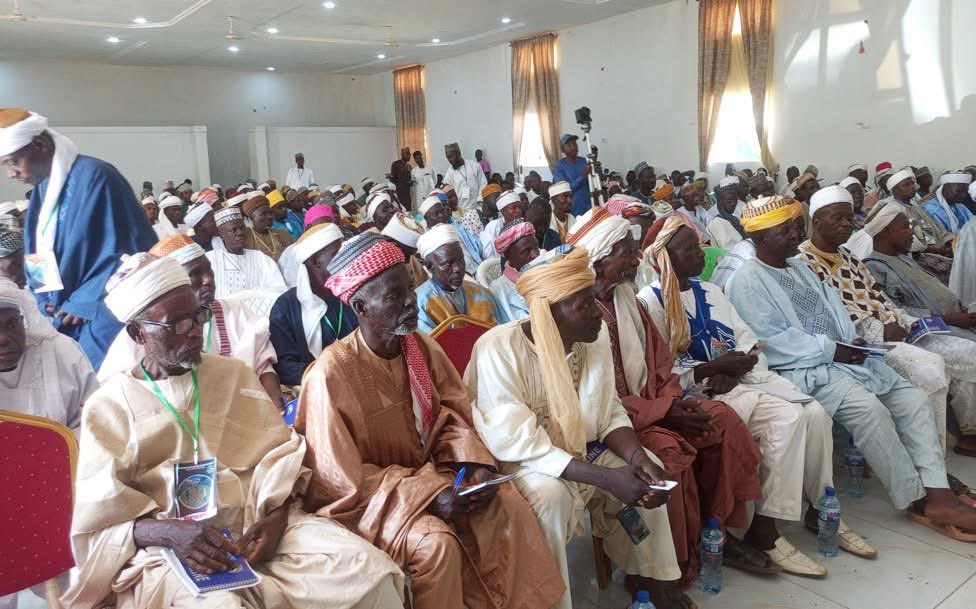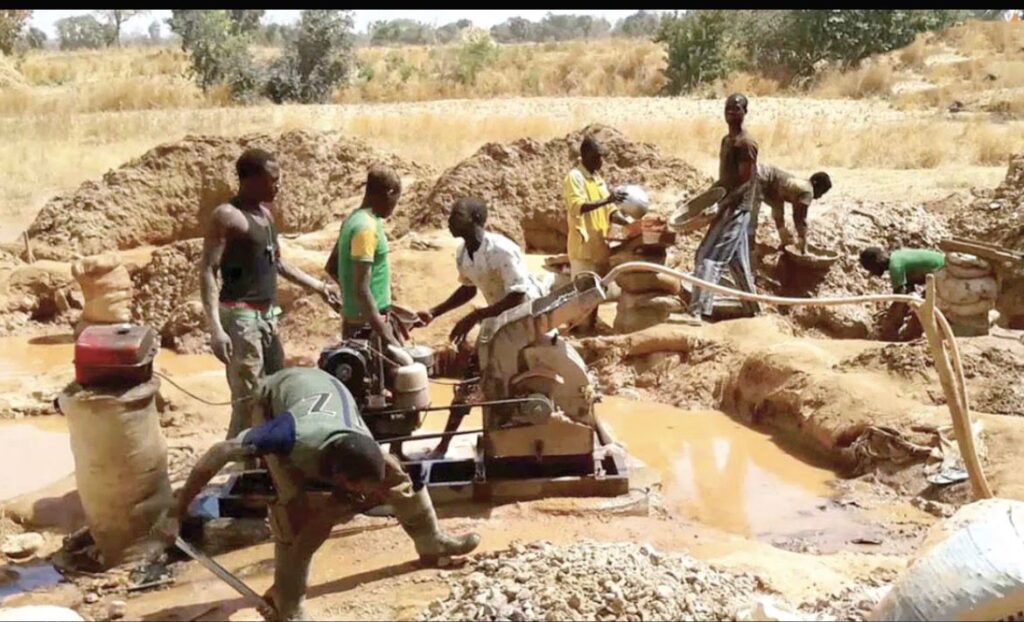Over 5,000 Bauchi Youths Rehabilitated from Social Vices

No fewer than 5,282 young people have undergone rehabilitation from various social vices under the Bauchi State Youth Rehabilitation Network, a grassroots initiative dedicated to reforming and empowering vulnerable youths.
The Chairman of the Network, Aminu Muhammed, made this known on Saturday during a Stakeholders’ Strategic Engagement on Youth and Women Rehabilitation held in Bauchi.
According to Muhammed, the rehabilitated youths were previously involved in activities such as theft, drug abuse, and sexual immorality. He explained that the programme began with the distribution of rehabilitation forms through village heads to interested individuals willing to change their lifestyle.
“These youths voluntarily registered and participated in the rehabilitation process,” Muhammed stated.
He added that arrangements were ongoing to provide starter packs for the beneficiaries after the completion of their skills acquisition training, to help them start small businesses and live productive lives.
Speaking at the event, the Bauchi State Commissioner for Humanitarian Affairs, Hajara Wanka, emphasised the crucial role of parents in shaping the moral foundation of their children, describing it as both a religious and civic responsibility.
She warned that community peace and safety could only be achieved when every family plays its part in nurturing responsible citizens.
“When your neighbour’s children are not properly raised, your own children are also at risk,” she said. “We must collaborate as parents, community leaders, and government to build a morally sound society.”
Representing security agencies, A.A. Saidu of the Nigeria Security and Civil Defence Corps (NSCDC) criticised parents who ignore their children’s misconduct until they fall into trouble with the law.
“The most disturbing scenario is when offenders are apprehended, and the same parents who failed to guide them are the first to plead for their release,” Saidu said.
He called for the establishment of a dedicated community monitoring agency to curb recurring cases of social vices.
One of the rehabilitated youths, Mai Laya, shared his personal story, revealing that despite earning a diploma in 2014, unemployment pushed him into crime and other negative activities.
He expressed remorse for his past behaviour and appealed for government assistance to help rehabilitated youths sustain themselves.
“Even though we have stopped stealing and fighting, we have no means of survival. We need support to start afresh,” he pleaded. Laya also apologized to the authorities for his past actions, expressing determination to become a productive member of society. “We seek forgiveness from the government and our communities. We want to contribute positively to our state and our country,” he said.
The event underscored the importance of collaborative efforts among the government, community leaders, parents, and security agencies in addressing the root causes of youth delinquency and fostering sustainable rehabilitation.









